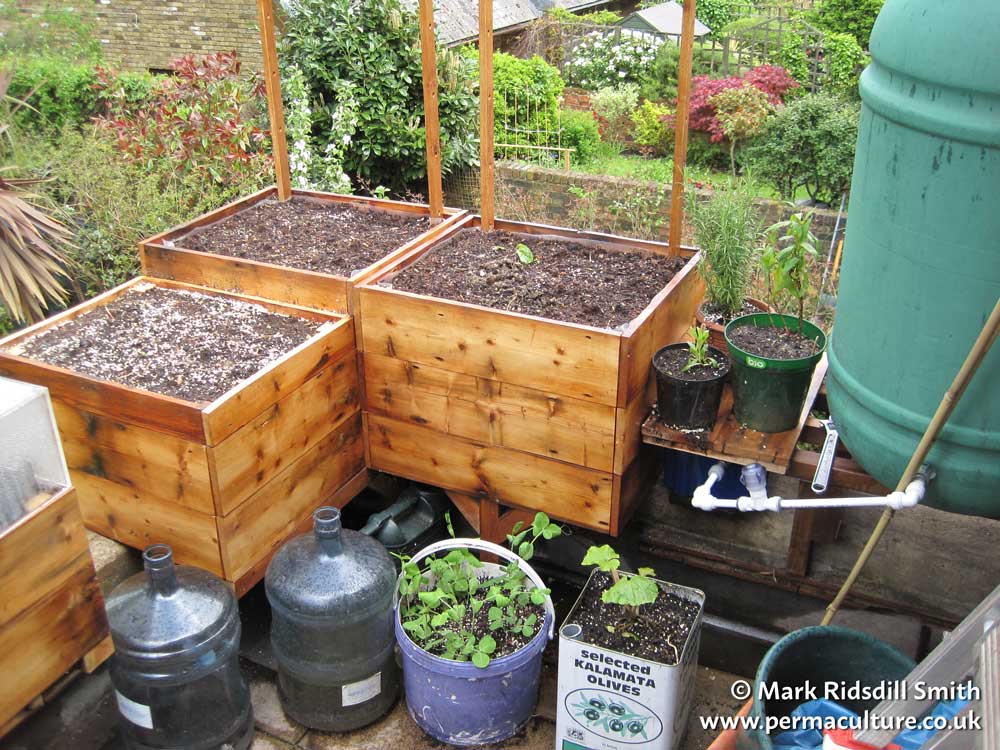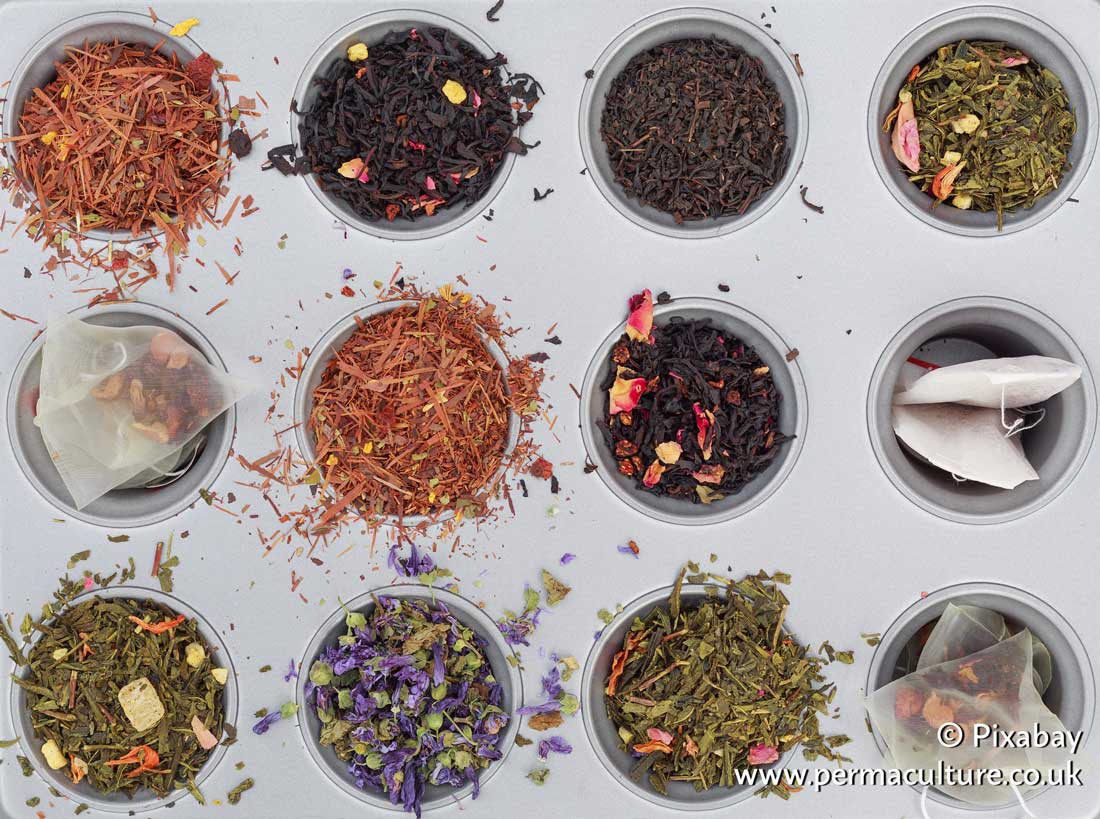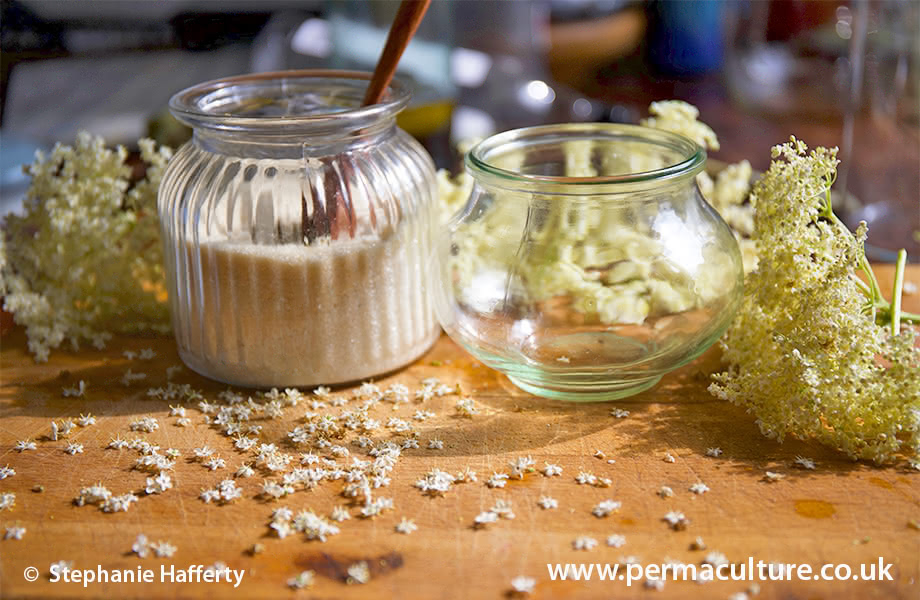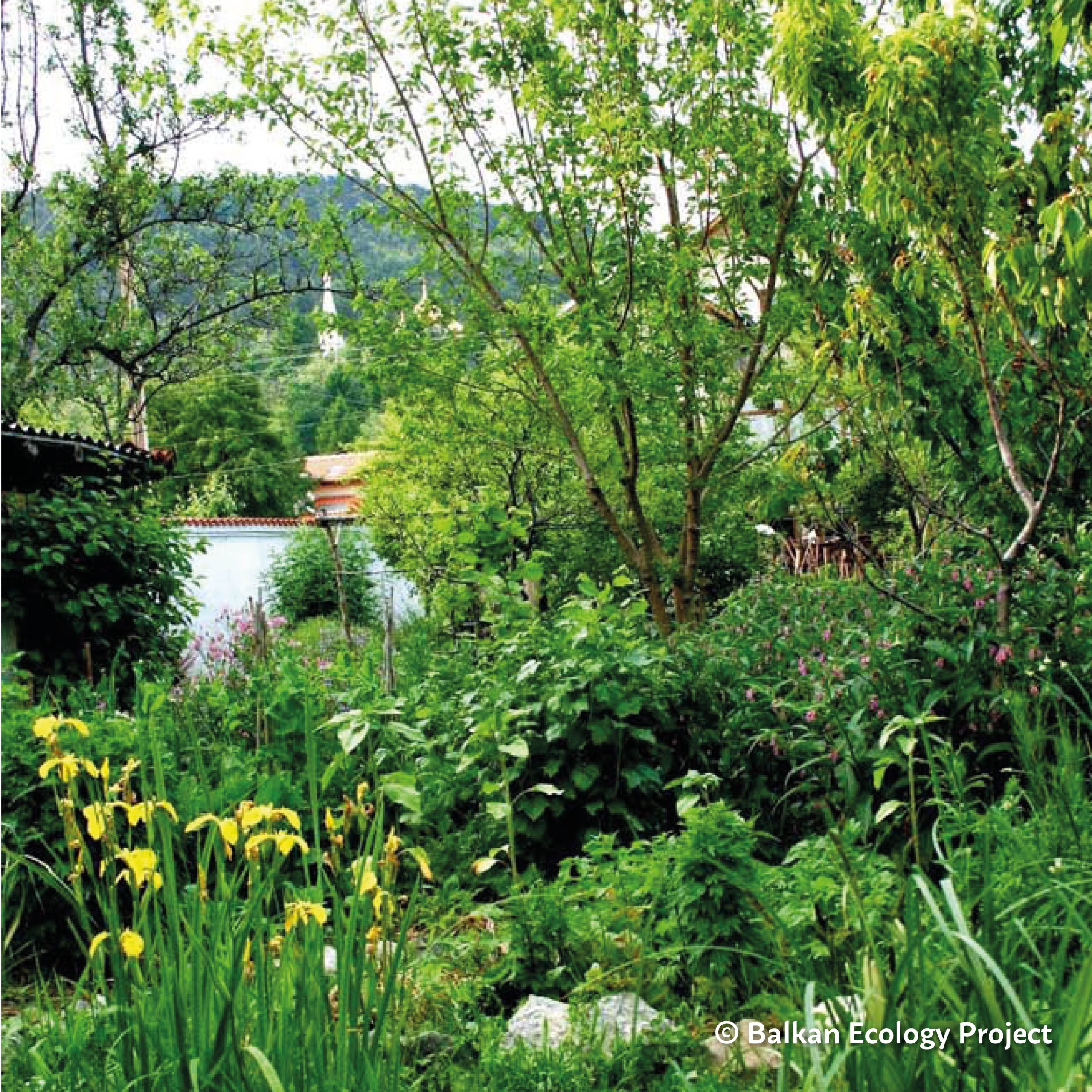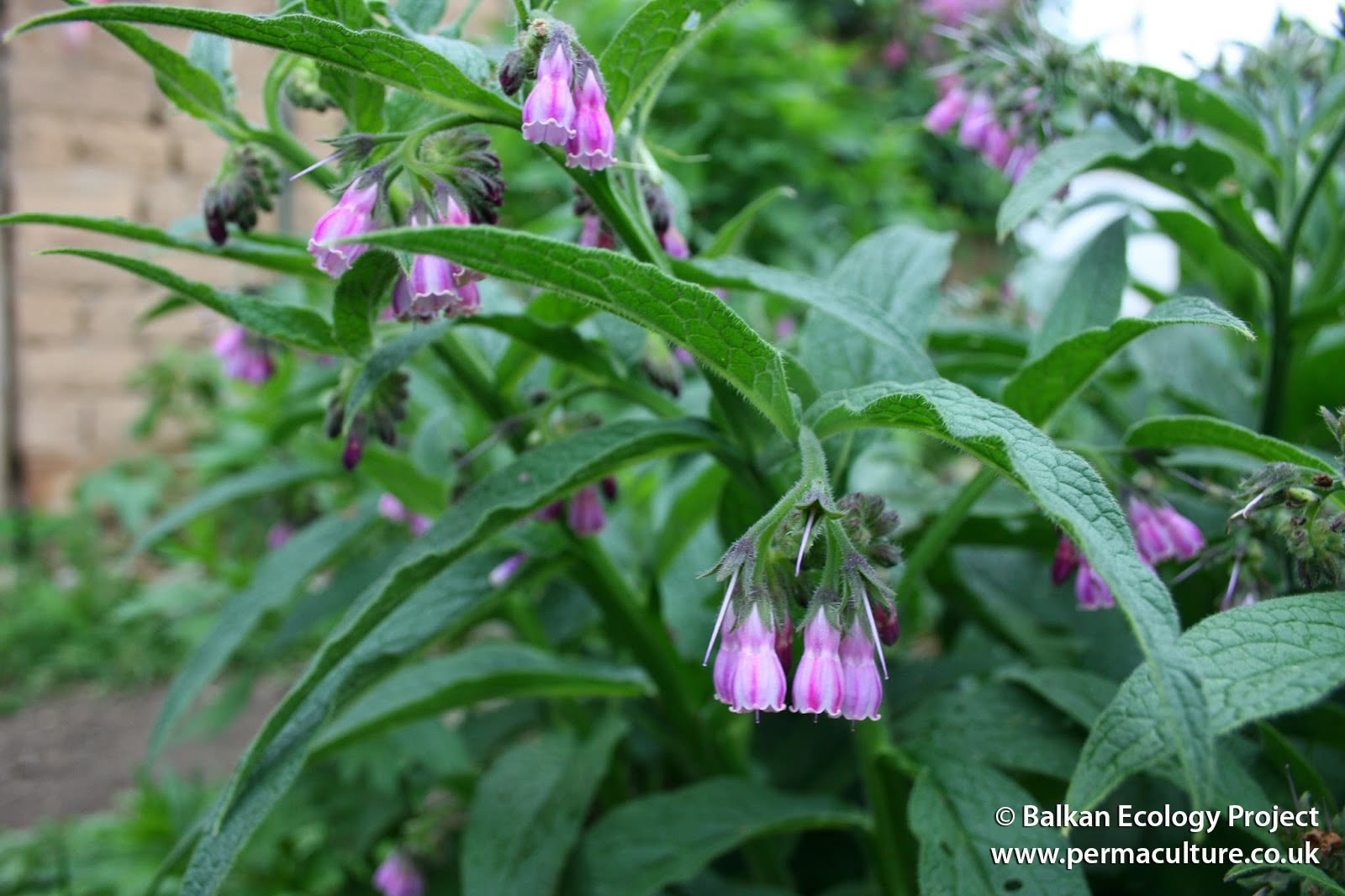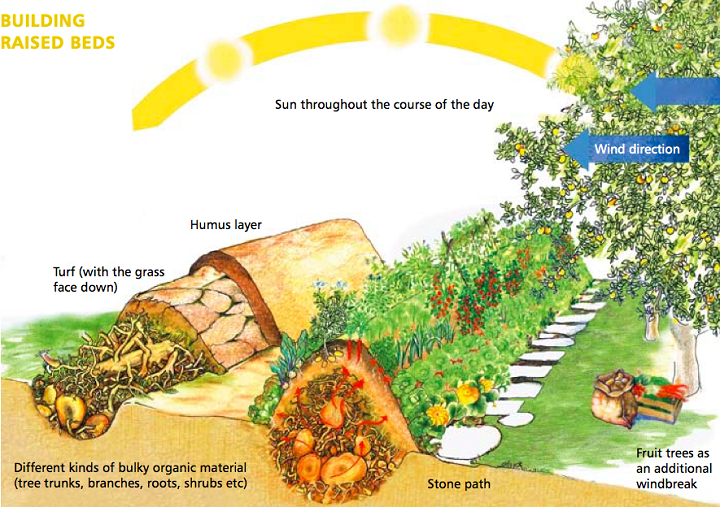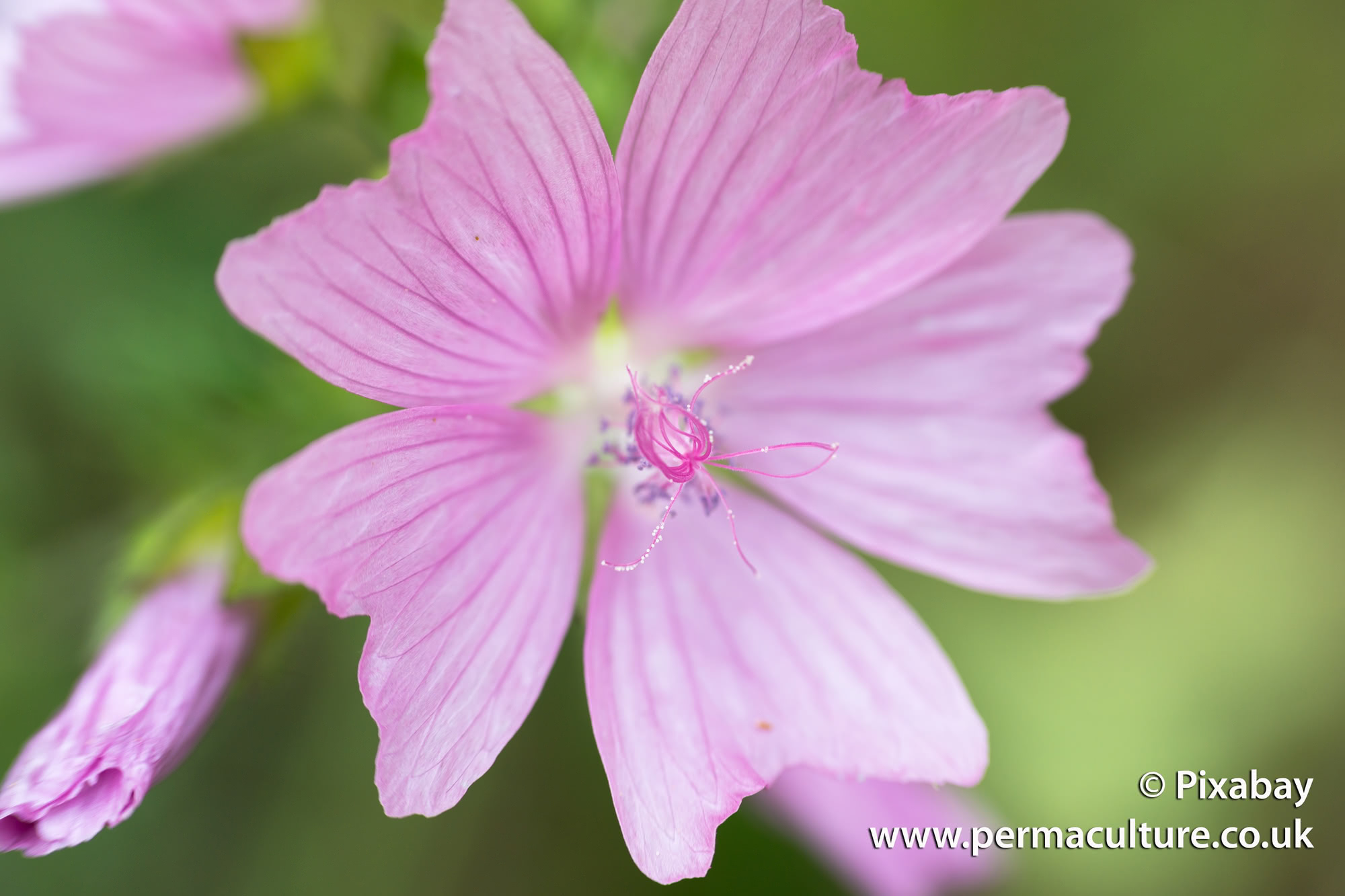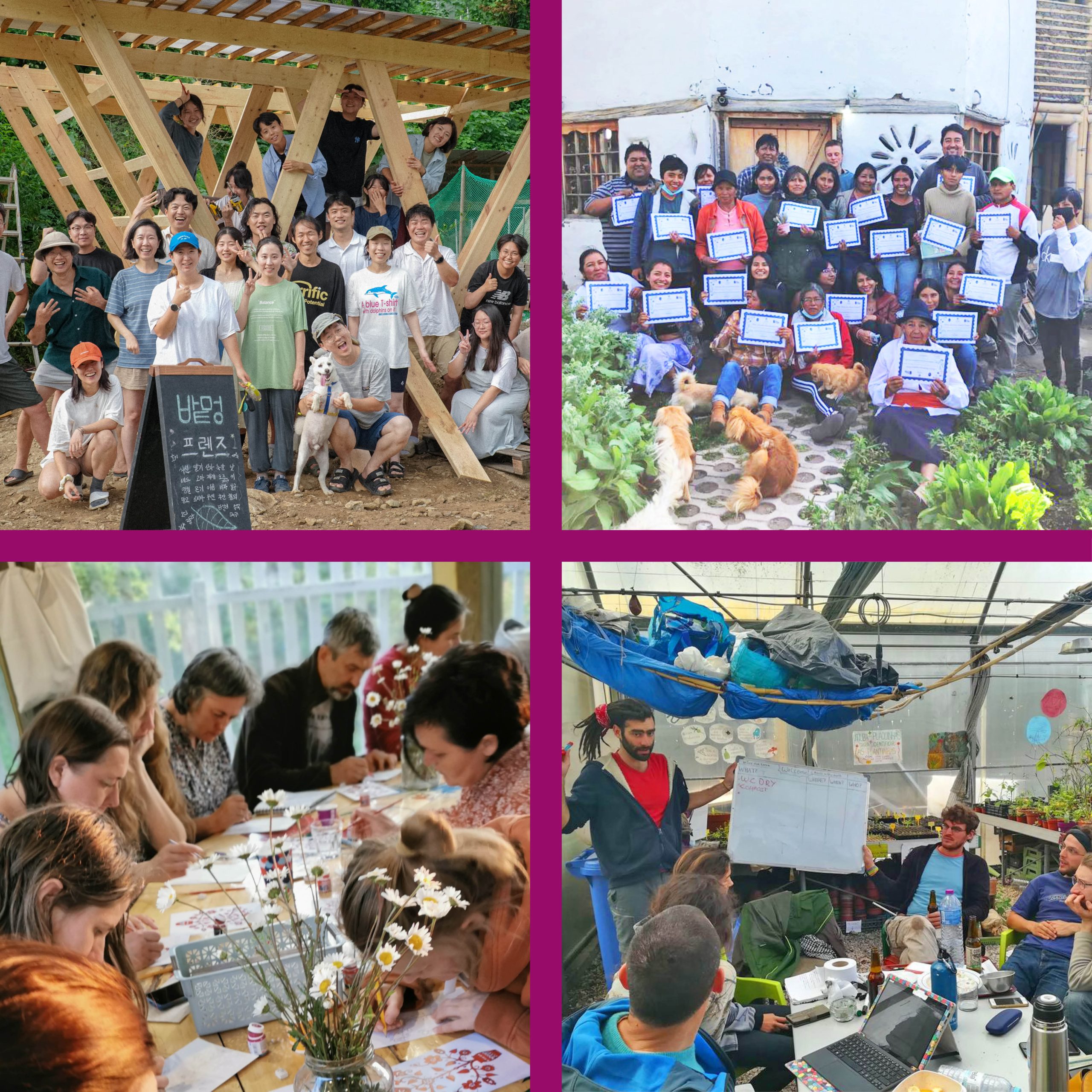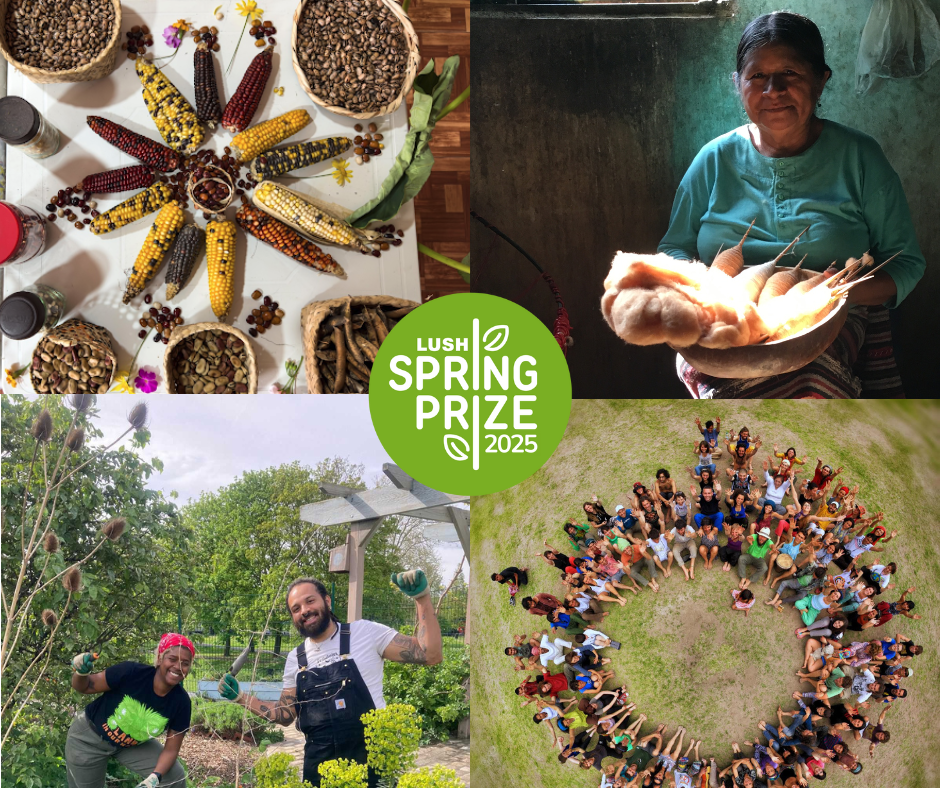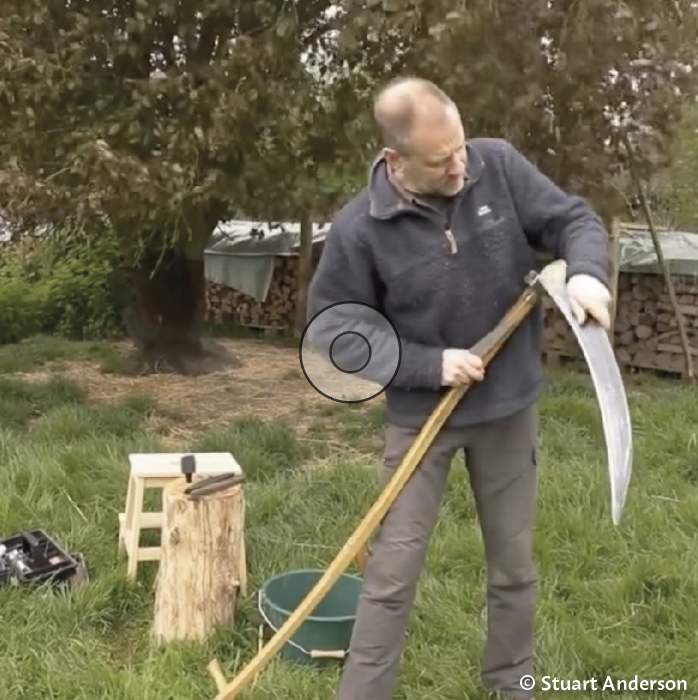For the fifth year, the Permaculture Magazine Award celebrates and supports innovative and transformational projects with £35,000 to share. Across three awards, nine projects have been awarded for their impressive work, regenerating their communities and landscapes, and creating resilient livelihoods against climate change.
To date, the Permaculture Magazine Award has shared £60,000 between 16 projects, from localised food initiatives, where individuals are taught how to grow their own nutritious food; refugee projects teaching thousands how to garden with minimal resources; to the planting of thousands of native trees to create diverse food forests and regenerate whole ecosystems – we’ve seen all scales of regeneration.
For 2022, the award was split into three categories: Permaculture Magazine Award (£15,000); Youth in Permaculture Award (£10,000 hosted by Ethos Foundation and sponsored by Abundant Earth Foundation); and Permaculture Prize award (£10,000 sponsored by Lush).
Vad Permaculture Demonstration Farm, India:
www.earth4ever.in
£5,000
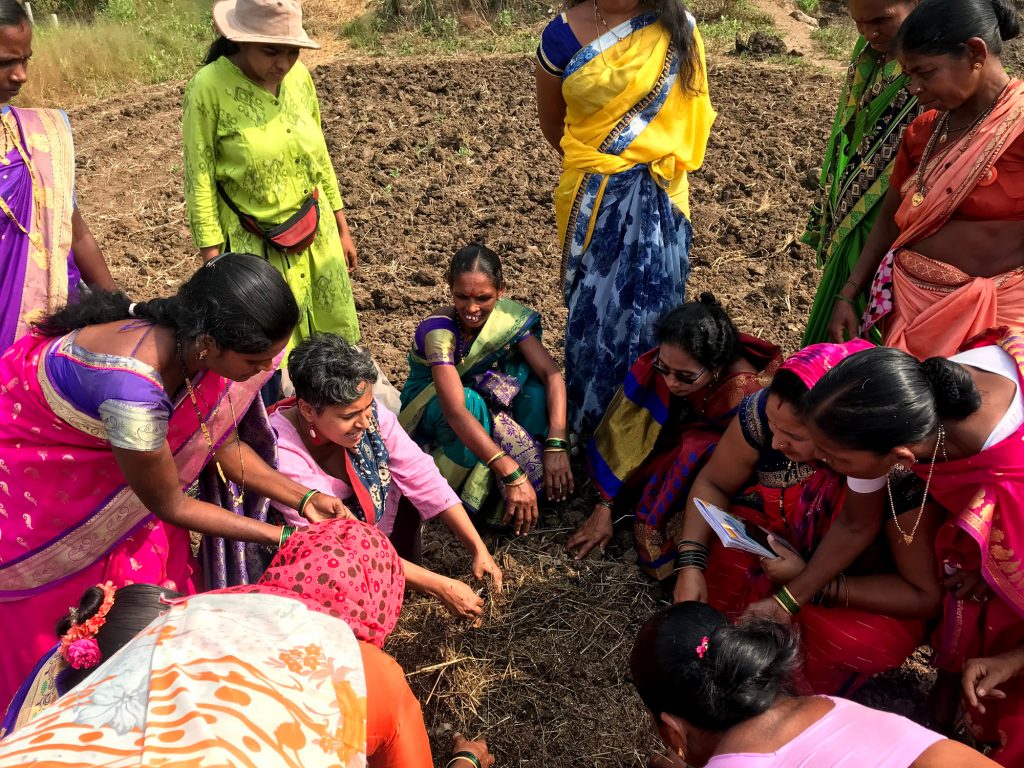
Earth4ever is set in the Tansa Valley, a once biodiverse-rich region, where indigenous people lived as one with Nature. After years of destruction and industrial expansion the area now sees flooding, droughts and extreme weather.
Earth4ever connected with an indigenous farmer to create a demonstration site for climate-friendly farming. Local farmers learn how to plant diverse food forests, hold water on the site, manage droughts and revive soil health. Community members learn to grow their own kitchen gardens for food resilience. Children learn about soil health and re-establish their ancestral connection to Nature and the forests they call home.
Read the project’s story here: www.permaculture.co.uk/articles/restoring-diverse-edible-and-medicinal-forests
The Regenesis Project, Philippines:
www.theregenesisproject.org
£5,000
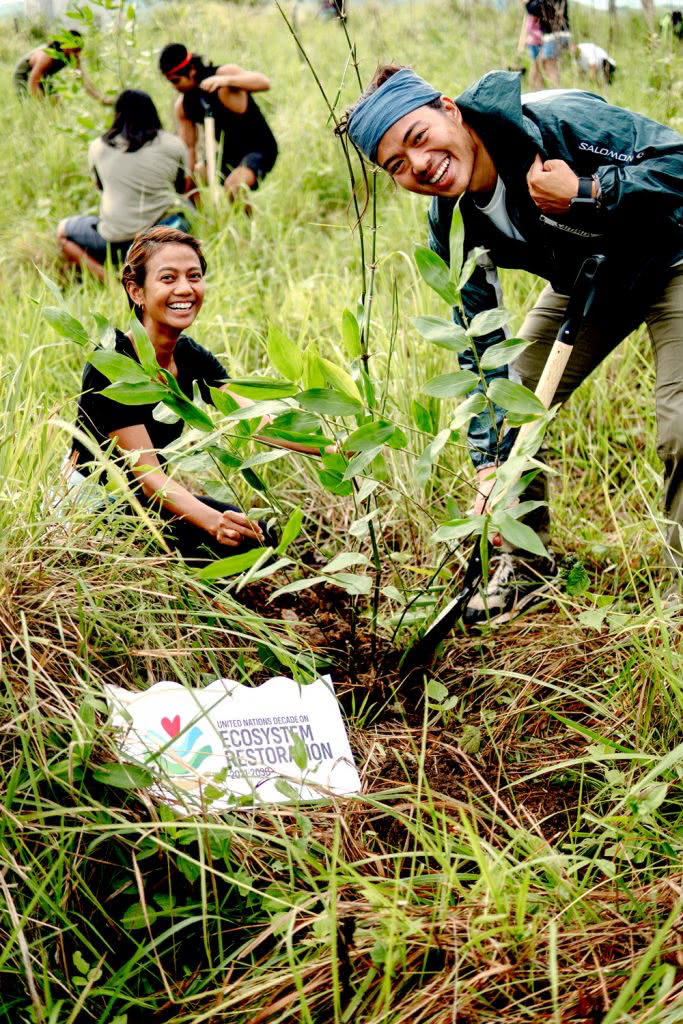
On 17 hectares in the Philippines’ famous Chocolate Hills, The Regenesis Project is a family-run learning centre, ‘living lab’ and Ecosystem Restoration Camp, showcasing methods to transform degraded and disaster-torn landscapes.
Over the last 20 years, the Philippines has seen over 20 tropical storms, with increasing frequency and intensity, often hitting areas that haven’t been affected previously. Regenesis Project are working with afforestation methods, water capture and fire management, as real-life examples for landscape and community resilience against dramatic weather. Years of slash and burn practices and illegal logging have reduced vast areas from diverse forest to single species grassland, leading to extreme soil erosion and run-off. The team are implementing keyline water storage and methods to improve soil conditions, both to aid in afforestation. They are also exploring bamboo production, beneficial for ecosystem restoration and to help convert the already existing bamboo industry into a more holistic process.
As an Ecosystem Restoration Camp, they offer monthly meaningful experiences where visitors can learn how to heal the landscape while enjoying a beautiful setting.
Read more about the project here: www.permaculture.co.uk/articles/solutions-for-tackling-flood-and-drought
Mangwende Orphan Care Trust, Zimbabwe:
https://mangwendeorphancaretrust.org
£2,500
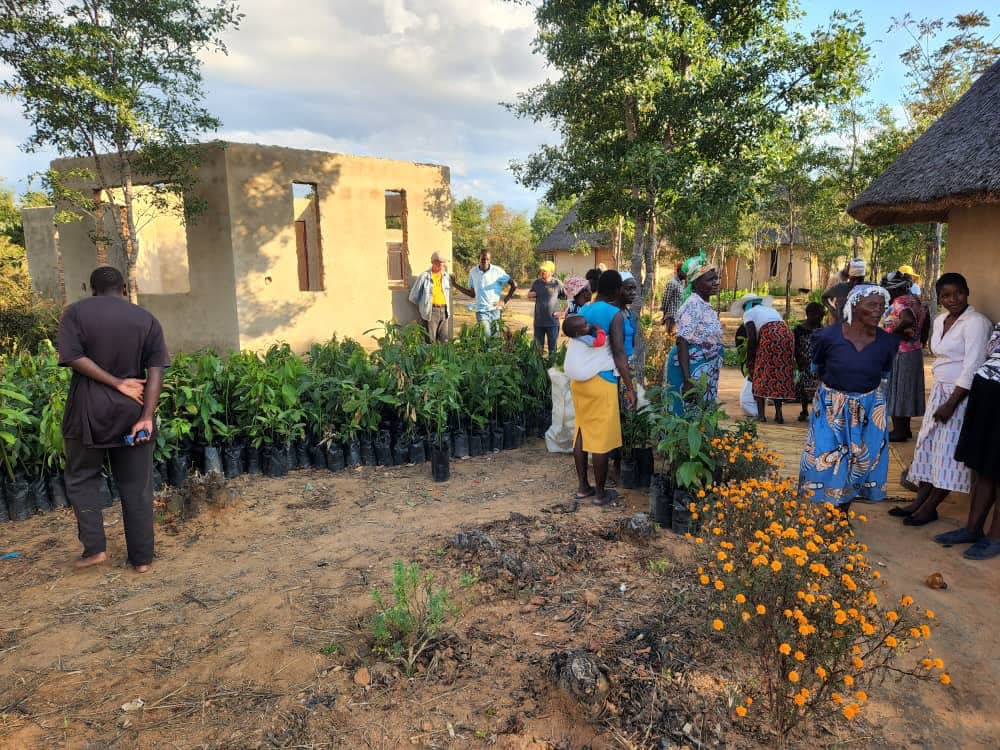
The Mangwende Orphan Care Trust (MOCT) is an established project in Zimbabwe, set up to care for underprivileged, marginalised communities in Murewa District. In more recent years, their site has become a permaculture demonstration centre, teaching women, widows and the unemployed how to create flourishing gardens that produce food, timber and wildlife habitat. Local farmers are taught regenerative dryland farming techniques, including the use of zai pits. A small basin is created and filled with manure before planting a tree or crop. The manure attracts termites, which break up the soil, increasing its ability to hold water. These pits give a mini microclimate for the plant to grow whilst also holding water in the landscape – a critical tool for the region and for many others around the world.
Read the project’s story here: www.permaculture.co.uk/articles/permaculture-tools-for-local-food-and-strengthening-community
Amazonian Permaculture Network of Pacayacu – RAP, Ecuador:
www.clinicambiental.org
£2,500
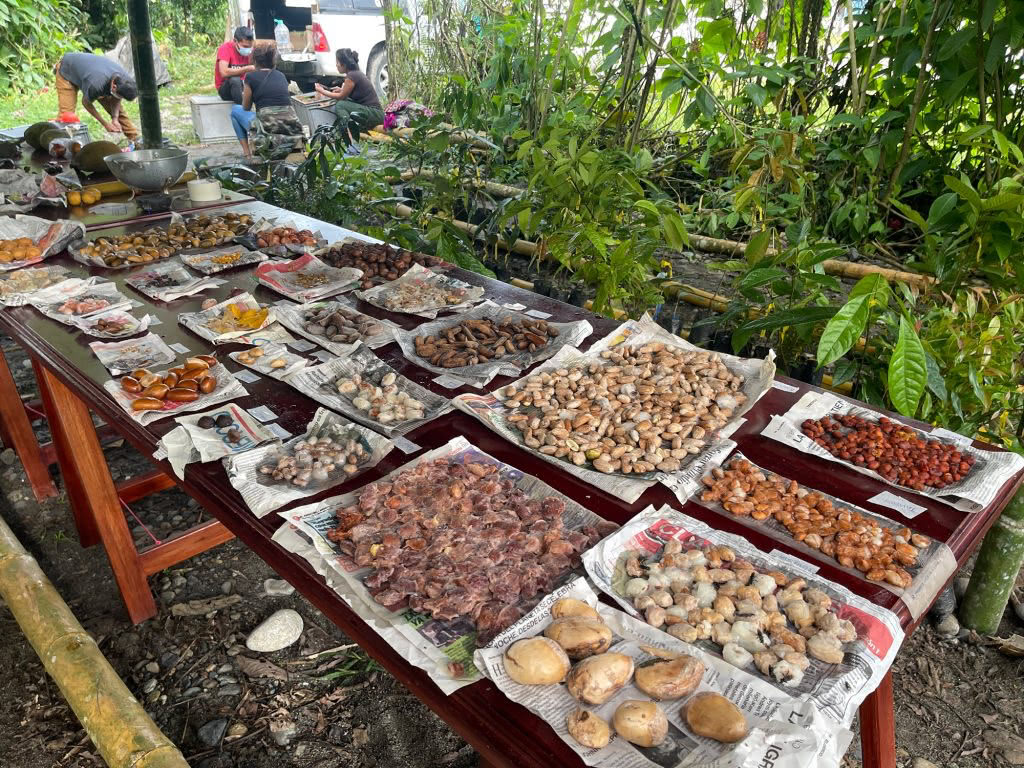
NGO Clinica Ambiental has been fighting for the rights of their people for over 20 years. The Pacayacu region has been devastated by petroleum extraction, with petrol-gas flares burning for hours, acid rain, daily oil spills, water contamination and more. A 2013 study found 21 of 22 potable wells were contaminated with PAHs (polycyclic aromatic hydrocarbons which are chemicals that occur naturally in coal, crude oil, and gasoline).
The NGO set up RAP to bring practical solutions to the community and reignite their indigenous connection to their landscape. They hold celebratory festivals, workshops and permaculture courses where they share seed saving methods, teach how to build water filters, and work with communities to revert monocultures back into edible and medicinal forests. Landowners are taught how to grow food whilst creating an income, often from preserving their harvests. They are taught to observe and understand what the land needs, whether that’s feeding the soil, managing water or increasing its biodiversity. “Our forests, ‘chakra’ (ancestral food forests) and gardens are living seed banks to exchange the very seeds that have the intelligence to survive the extreme weather conditions of a tropical Amazon with its intense rainy season and powerful sunshine.”
Read the project’s story here: www.permaculture.co.uk/articles/regenerating-rainforests-and-empowering-community
Shortlisted projects
With triple the applications in its fifth year, the Youth in Permaculture Prize is a fabulous indicator of the permaculture [pr]activism happening around the world led by young people. Youth-led projects were invited to apply, as well those benefiting young people, and those helping to positively and locally address human-induced climate change with regenerative practices. In shining a light on these projects, we hope to inspire more positive action and collaboration globally. The £10,000 is shared between three main winners, with £300 going to each shortlisted project, to encourage and acknowledge them, and enable further action and myceliating of their work.
Nakafeero Brenda (22), Uganda
Receives £4,000
https://permayouth.org
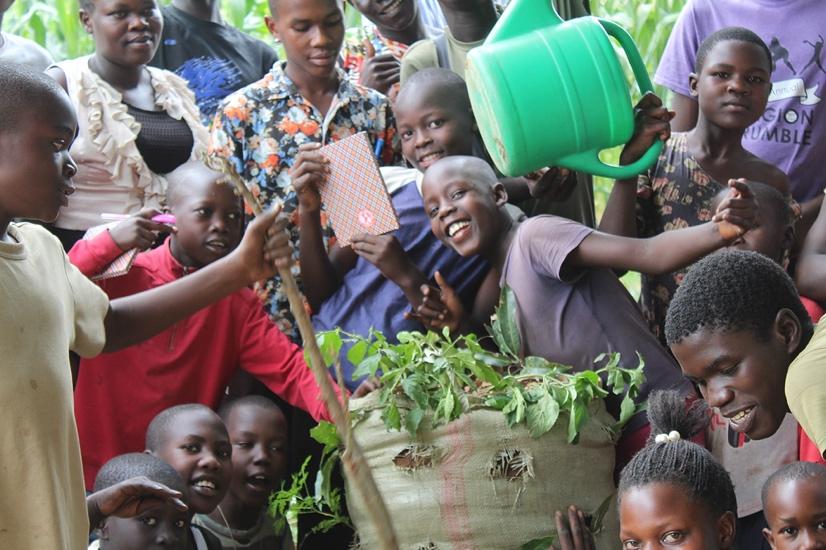
Brenda is a Permayouth hub leader and educator in northern Uganda. She teaches permaculture to young women and single mothers and hosts kitchen garden ‘permablitzes’ in their homes to help address food insecurity, climate change and poverty. With these funds, Brenda will create a Permayouth learning centre, a tool library, start a local seed exchange network and focus on water security for local food projects.
Eddie Brown (25), Mallorca, Spain
Receives £3,000
http://jep.permamed.org
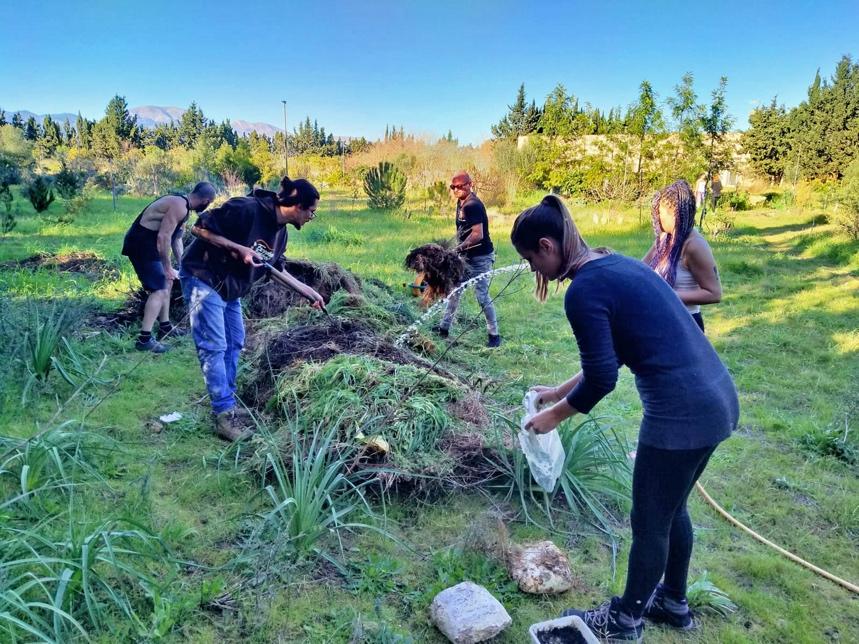
Eddie has engaged in the world of permaculture for nine years, has completed three PDCs and is part of a non-profit permaculture project called Jóvenes en Permacultura (JEP) to build a community of young people to share and learn about permaculture together. In just two years, JEP now has 40 members, who holistically explore the multiple dimensions of permaculture. Eddie has also collaborated and led workshops with Permacultura Mediterránea. The award will help set up the permaculture learning centre with tools and equipment needed, enable free expert workshops to members and the community, and help JEP to be the seeds of change.
Lulu Vierkoetter (16), Zanzibar, Tanzania
Receives £1,000
www.facebook.com/Zanzibarkins
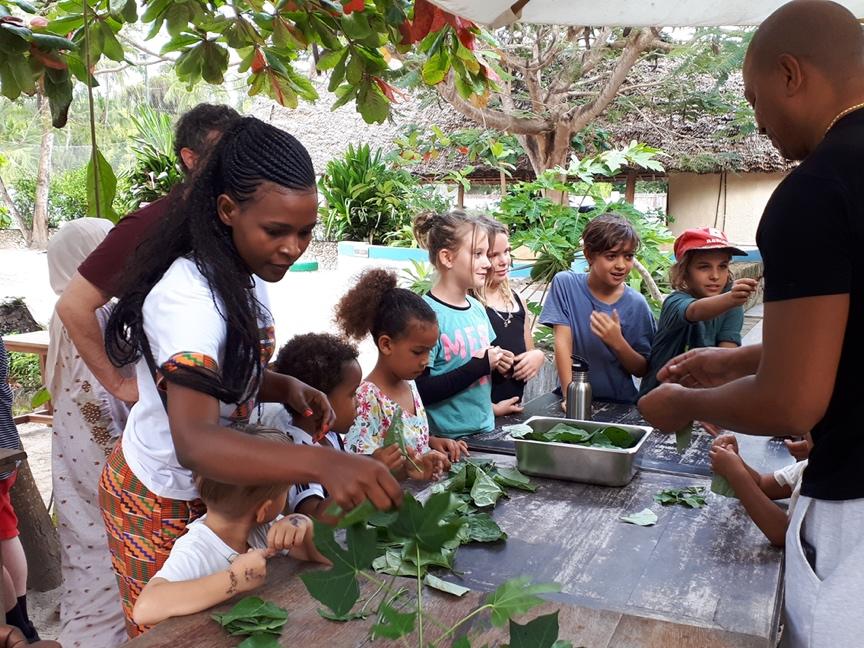
Growing up on the island of Zanzibar, Lulu practised unschooling through a permaculture lens. She is a co-founder of the global Permayouth movement and an accredited permaculture designer. Her passion is offering permaculture education programmes for children in her local school. Lulu has started the KINS independent school garden project for 3-12 year olds – sharing permaculture, greening the school, addressing waste, growing organically, and rewilding spaces. She has designed the engaging program that she shares weekly. Lulu will use this prize to create an outdoor classroom space, access seeds and tools for the learning garden, and purchase a bicycle to travel to the school to teach permaculture.
Shortlisted Projects, each receiving £300
Ethos Foundation is a trust-based Australian charity that supports free permaculture education for women and refugee permayouth hubs across East Africa. www.ethosfoundation.org.au
Abundant Earth Foundation raises money to offer funding and mentoring to grassroots permaculture and regenerative projects around the world. AbundantEarthFoundation.org
Lush Cosmetics is honoured to have partnered with Permaculture Magazine for the 2022 Permaculture Magazine Award, for a special Permaculture Prize. This year, Lush has doubled its support for the Permaculture Prize, offering two prizes to two fantastic organisations, and an additional special runner-up award. The judging panel were amazed to see the effects of permaculture-in-action all across the world, and the fantastic diversity of approaches to applying permaculture’s ethics and principles.
Amisacho Restauración, Ecuador
£5,000
www.facebook.com/AmisachoRestauracion
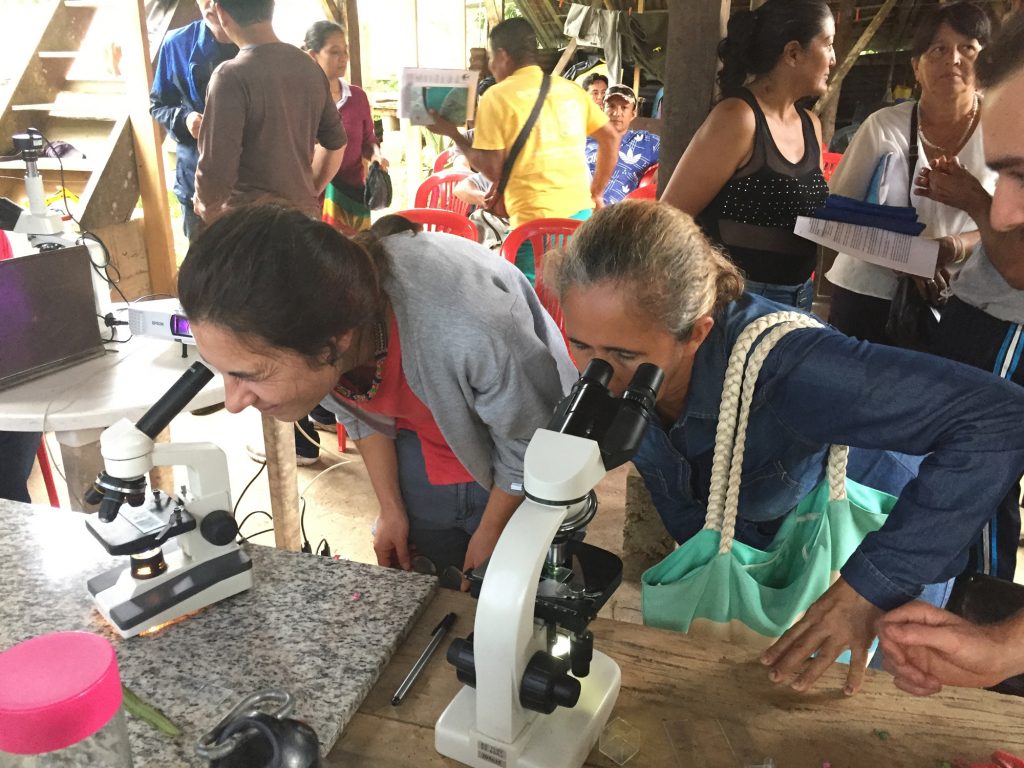
Located at oil drill #26 in Lago Agrio, Ecuador, the Amisacho family bought land in 2007 and started reforesting what was degraded from petroleum extraction, cattle and later cacao monocultures. Fifteen years later, the site is a diverse forest filled with endangered tree species, and a wide variety of flora, fauna and fungi.
Amisacho have a small jungle lab where they experiment with processing methods, teaching locals how to can, dehydrate and ferment their own produce for food resilience. They cultivate and forage for mushrooms, using them as food, medicine, soil regeneration and myco-materials. The living lab is taken directly to homes, communities and projects, so those further afield can learn how to best work with the Amazon ecosystem, creating their own sustainable livelihoods while regenerating the land. “By showing that the forest has economic value, people are more inclined to protect them and, as a result, we see a domino effect of mindset and relations correlating Earth Care, People Care, Fair Share. Our initial teachings focused on the importance of the land, health, organic agriculture, etc., but we’ve learned that our impact is that much greater when a family’s own economy benefits from and contributes to that transition,” Lexie Gropper, a team member, explains.
Through their varied work – the lab, living seed banks, tree nurseries, workshops, Hope fair, Guardians of the Soil movement – the Amisachos are regenerating the rainforest, teaching others how to regenerate while creating an income and showing the younger generation, who were born in the era of chemicals, monocultures and conflict, that “living in the most biodiverse region on the planet can also support diverse income opportunities that feed our passions.”
BIPOC Permaculture Community Group
£5,000
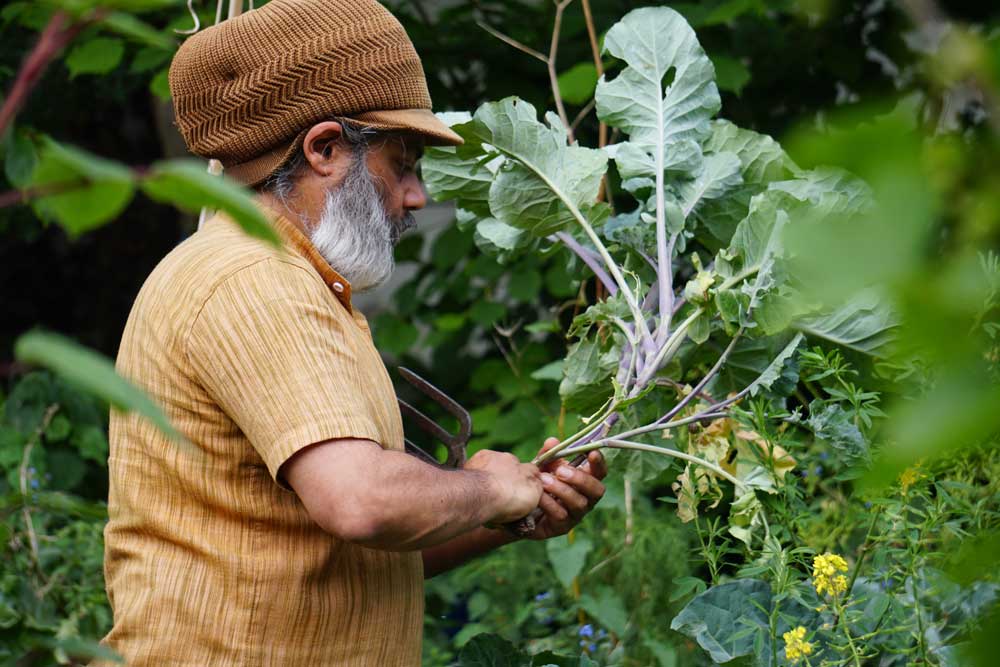
BIPOC Permaculture Community Group is a pilot project from the Permaculture Association (Britain) in partnership with Rakesh ‘Rootsman Rak’, to offer permaculture training to 20 young people from ethnic minorities (ages 18-30), primarily from Barking, Dagenham, Redbridge and Newham, London.
BIPOC communities have limited access to permaculture education yet their cultures are often embedded in regenerative solutions.
The award will allow BIPOC permaculture teachers to lead the teaching and provide essential practical support. They aim to break economic limitations, and will help provide food, drinks and transport. It will also contribute essential tools and equipment for the long term maintenance of the space, to ensure the legacy and continuation of the community group. The training will include a formal certification, helping these young people on the way to become community teachers themselves. It will illustrate the many ways their cultures already have knowledge, skills and empathy that are of great value within their existing communities. It aims to actively encourage them to take pride in their heritage and in turn encourage others to replicate the project’s impacts. Part of the award will fund the documentation of their collective journey.
Haivaandee Vegan Permaculture Farm, Thailand
Receives a runner-up award
https://haivaandee.com
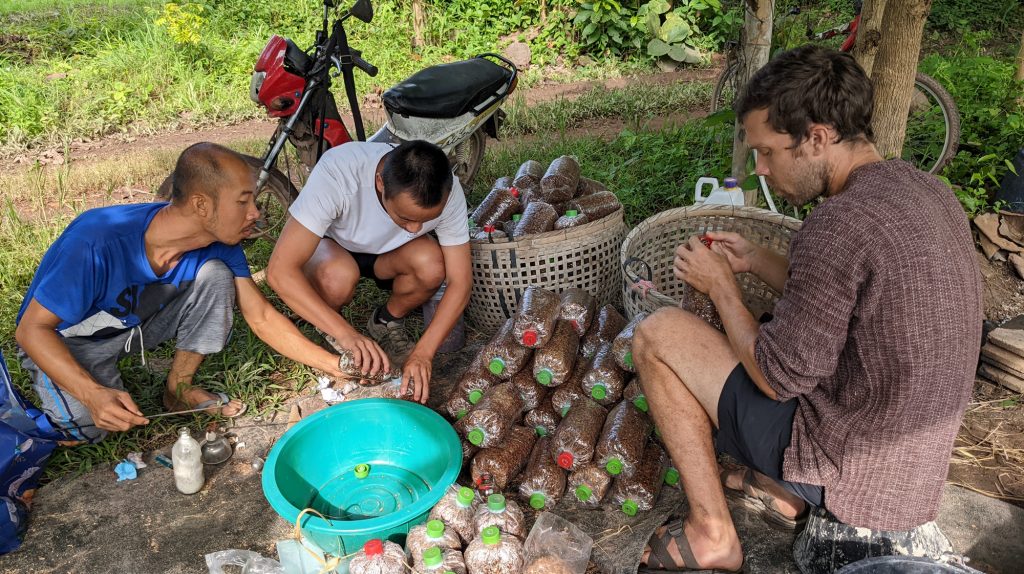
The three acre vegan permaculture farm was set up five years ago, and has trained hundreds of volunteers in permaculture, veganism and sustainable building. The bamboo and mud educational centre is a practical learning space, and the transformed site is a living example of how permaculture can turn degraded land into productive and important wildlife habitat.
Thai farmers are being shown viable alternatives to the expensive fertilisers and pesticides that are actually degrading their soils – the funds will help create an online platform to reach more farmers.
Shortlisted Projects
Red de Escuelas Interculturales por la Soberanía Alimentaria, REISA,
www.reisaedu.com
Ermitaj Malin, www.ermitajmalin.com
Zimbabwe Institute of Permaculture – SCOPE Zimbabwe, www.scopezimbabwe.com
—
We would like to create a space for all applicants to join together and share their work, their practices and offer advice. We would also like to link these projects with funding opportunities, grants and mentors – if you are able to help, please get in touch.
The Permaculture Magazine team have been publishing books and magazines since 1992.
Their YouTube channel www.youtube.com/PermacultureMagazine shares a range of videos from no dig organic gardening and food forests, to regenerative farming and keeping bees.
